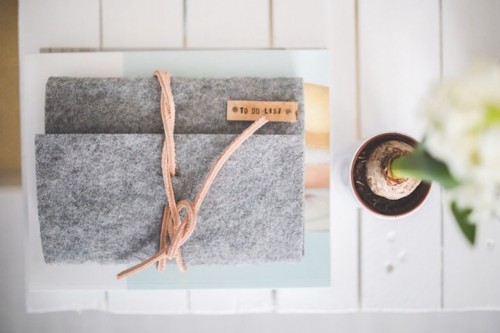It’s a cliché to be a writer or artist who is messy, and yet it is also potentially what’s holding us back from becoming a successful writer.
I define success as it applies to our personal desires and ideals. For me, it may be finding the time and energy to write a blog or poem in between raising a child with special needs.
For others, it may be publishing a novel with St. Martin’s Press.
Ultimately, success comes down to our own definitions, but it is often impacted by our work space.
For me, I’ve got ideas for blogs and poetry scattered around my desk, written on bits of receipts, napkins and tea bag papers. Sure, it looks artsy and all, but it’s not serving a purpose except hindering my ability to be productive.
And, the other day, I realized that if we want to be successful, then we need to do this one thing: Get Organized.
Here’s how:
First step.
Get rid of the crap that doesn’t work for us. Purge the old sh*t. Be fearless.
Invite a few of our friends over who love to clean, but understand that creative souls might need a little bit of a nudge toward recycling the junk.
Remember that we remove the clutter from a river, so the water may flow with more ease and clarity, and so, too, will our words.
Second Step.
Now, step back and look around our writing space as an observer. Wait, don’t run out of the room just yet!
What isn’t organized? What are in the layers of clutter on your desk? For me, it’s way too many pieces of paper with half-written ideas that end up there as I navigate between doing all the things that I have to do.
Or, maybe the clutter comes from the little trinkets we’ve picked up on our travels.
I’ve found an array of stuff on my desk, including Lego heads and arms, Reed’s Ginger Brew bottle tops, my harmonica and a quarter that turned out to be a coin from Panama (and I haven’t been there yet).
Third Step.
I figure that most of a writer’s clutter consists of paper, so binders will be the key essential to getting organized.
Right now is the perfect time to find those three-ring binders. Take all those papers scattered around our desk and room, and organize them with the binders.
Create a system of binders for each activity such as blogs, poetry, novels and even recipes. It’ll take a little bit of time, but, trust me, it’ll be worth the work.
Fourth Step.
Okay, so as an artist/writer, we will collect those random things like pebbles, acorns or poems scrawled on napkins because they will serve a purpose. What? I’m not sure, but they must have a purpose otherwise we wouldn’t have picked them up, right?
I won’t say, “Don’t collect junk,” because these little things are an important part of being a creative person, but let’s organize them.
Create and label a junk box (or two, and maybe even three). They can be either shoe box size or a giant plastic tub.
Personally, I rather use an earthy basket woven of grapevines because the beauty of the basket reminds me to think about what I’m putting into it.
Situate these junk baskets in a place that’ll remind us to check them out on occasion, but not so they get under our feet. At the end of the day, the ritual of putting stuff in its place will create more clarity in our writing/art space.
Fifth Step.
Enjoy it. Step back and look at the organized space. It’s awesome. Of course, it took work (and probably not an overnight-kind-of-job—I’m still working on it as I write this article), but now we can focus on the real task of creating and writing in an almost clutter-free space.
Being a writer or an artist involves a certain amount of free-flow energy, but reigning in some of the clutter and chaos may just be the ticket to becoming more successful.
Relephant:
Inner Housekeeping: 10 Steps to Clearing Mental Clutter.
Author: Jes Wright
Editor: Renée Picard
Photo: Kaboompics_com/Pixabay












Read 1 comment and reply